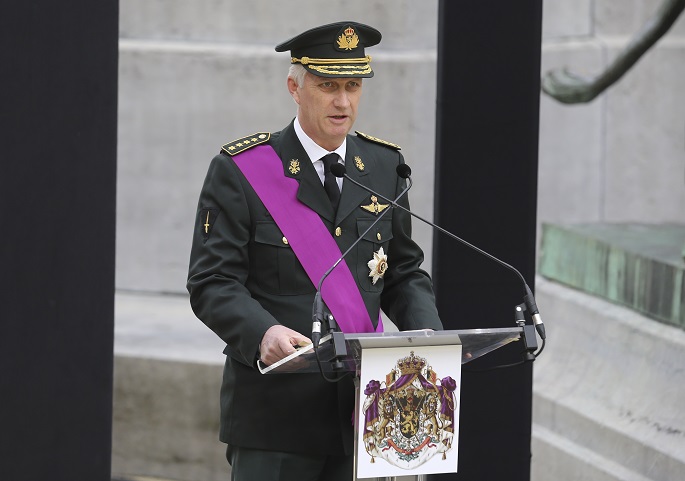King Philippe of Belgium calls for forming of new government
Published : 30 May 2019, 20:49
Following their meeting with King Philippe of Belgium, the current Deputy Prime Minister and Foreign Minister Didier Reynders and former Deputy Prime Minister Johan Vande Lanotte were tasked on Thursday with the role of "informants" to help form the next federal government.
The sovereign charged the two with an "information mission" to identify the challenges facing the country, and the possibilities and conditions necessary to form a federal government, said the Palace in a press release.
As part of this mission, the two informants will keep in touch with those responsible for negotiations in the regions and communities and will report back to the King on their progress as early as June 6.
Reynders had already been an informant in 2007 after the election victory of the French-speaking Liberals.
The Belgian federal elections were held on May 26 to elect the 150 members of the Belgian House of Representatives. In general, it is within the party with the highest electoral score that the informant is chosen.
According to the results published by the Federal Public Service Interior, the New Flemish Alliance (N-VA) won 25 seats in the Federal House of Representatives, 8 fewer than in the 2014 parliamentary elections but enough to retain its majority in the federal parliament.
Earlier in the week, King Philippe met with the leader of the far-right party Vlaams Belang, the first time a Belgian monarch has met a far-right leader since the 1930s.
The Vlaams Belang has become the third largest party in the House of Representatives with 18 seats, while the Socialist Party (PS) won 30 percent of the vote and 20 seats in the House. The Flemish Socialist Party, in a similar vein, won 14 deputies and 15 percent of the overall vote.
Due to the economic, social and administrative configuration of Belgium's three regions, the linguistically divided country could take some time to form a federal coalition. From 2010 to 2011, Belgium had a record 541 days without a government.


